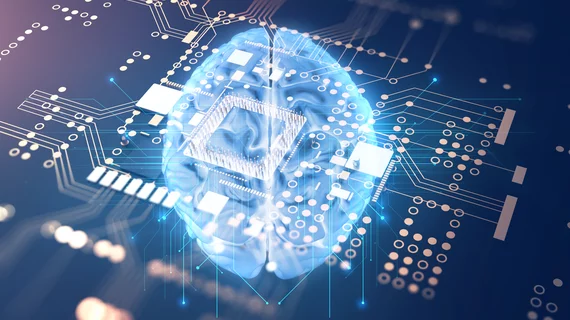RSNA launches intracranial hemorrhage AI challenge
RSNA has officially launched a new AI challenge: the RSNA Intracranial Hemorrhage Detection and Classification Challenge. This is the group’s third annual AI challenge.
Participants will use a dataset of more than 25,000 head CT scans to develop algorithms capable of identifying and classifying subtypes of hemorrhages on CTs. Kaggle—a subsidiary of Google’s parent company Alphabet—has provided the platform to host the challenge and will award $25,000 to winners, according to an RSNA press release.
"The goal of an AI challenge is to explore and demonstrate the ways AI can benefit radiology and improve clinical diagnostics," said Luciano Prevedello, MD, MPH, chair of the Machine Learning Steering Subcommittee of the RSNA Radiology Informatics Committee, in the release. "By organizing these data challenges, RSNA plays a critical role in demonstrating the capabilities of machine learning and fostering the development of AI in improving patient care."
The first wave of data was released on Sept. 3, and researchers are currently working to develop and train algorithms. The evaluation phase will span Nov. 4-11, during which participants will test their algorithm on the training portion of the dataset.
Results of the challenge will be announced in November. The top submissions will be recognized at the AI Showcase Theater during the RSNA annual meeting Dec. 1-6 in Chicago.

